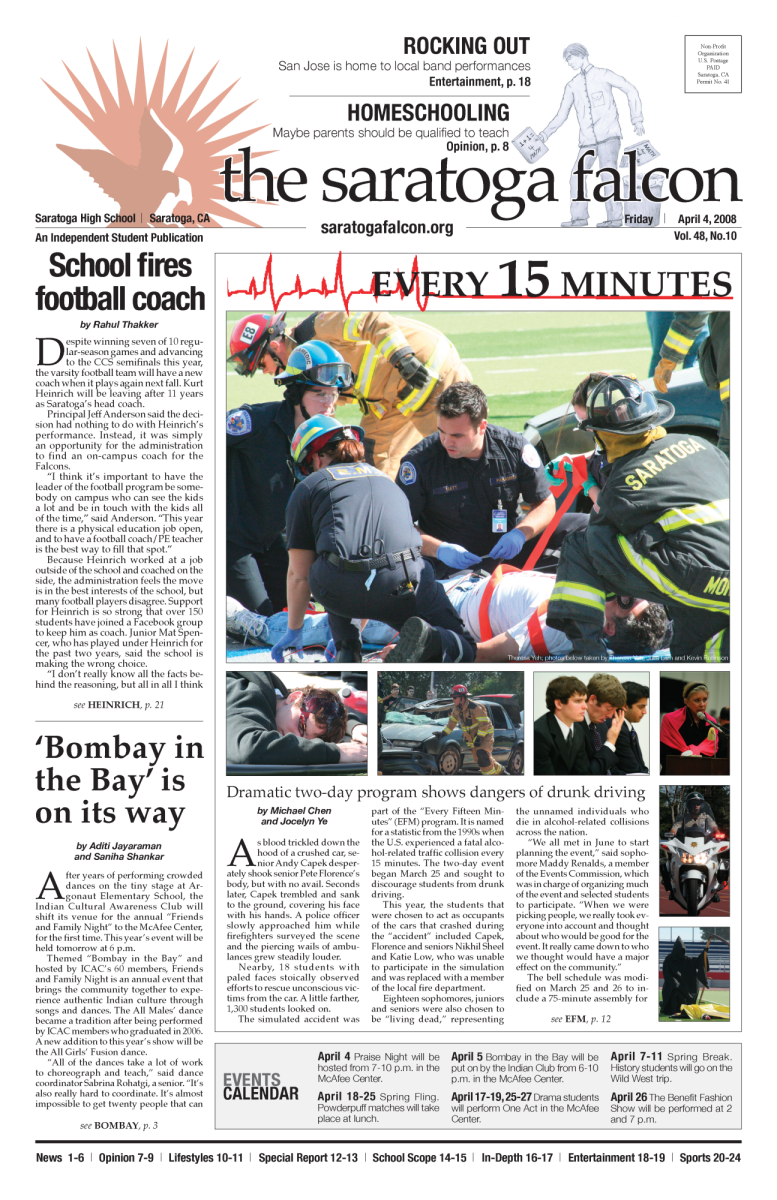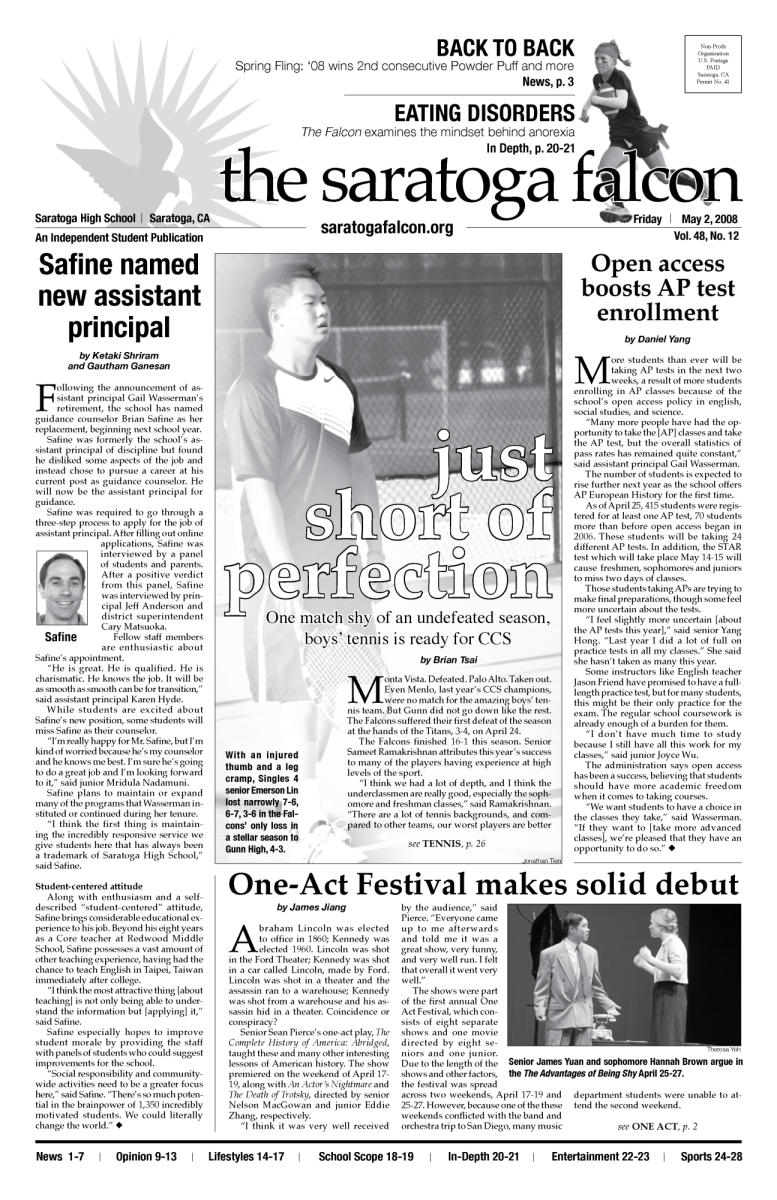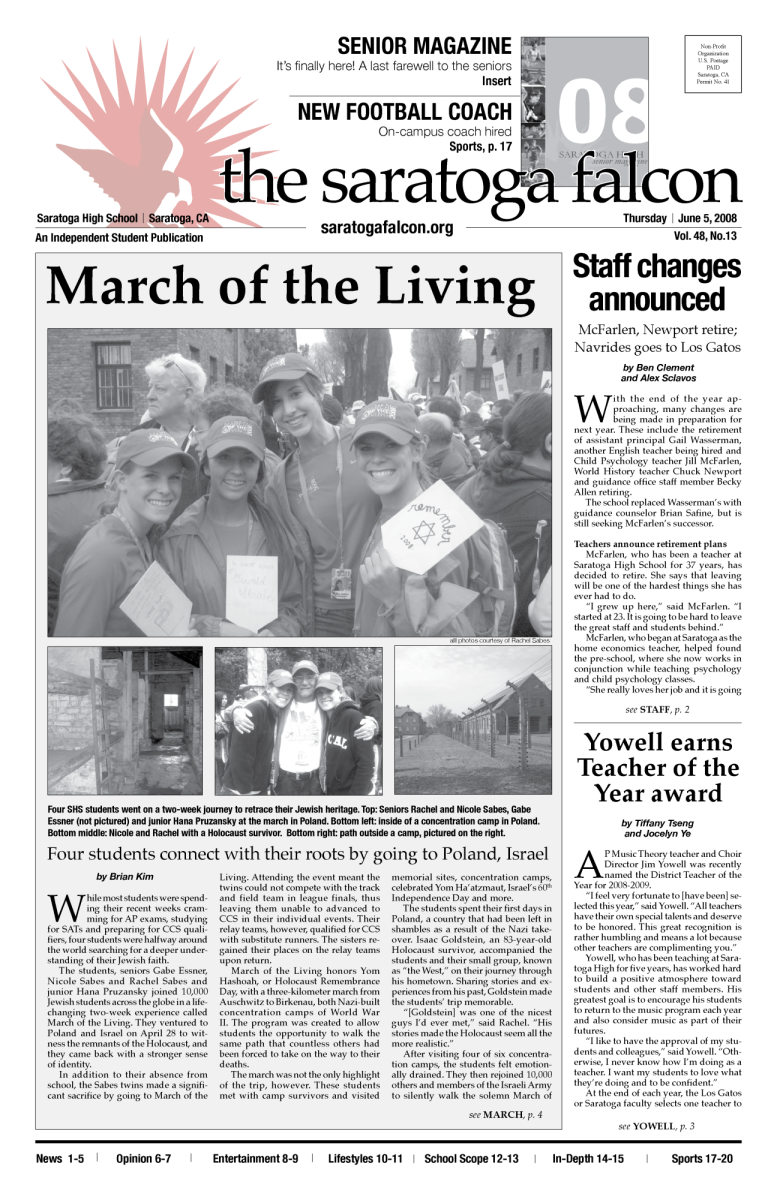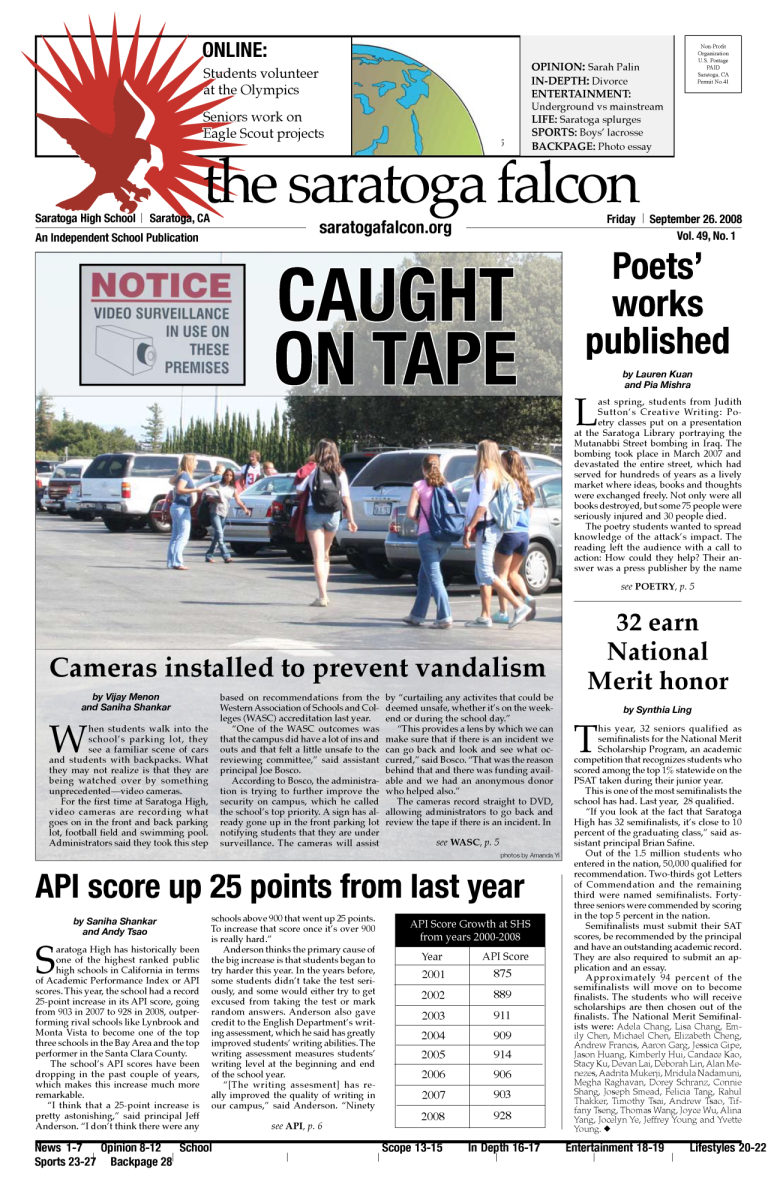The backbone of many improvements in student education have been a direct result of the role that department chairs play in the school. From overseeing the relocation of the English office to the purchasing of new science equipment, department chairs carry out many tasks required to run the school.
One of the main responsibilities of department chairs is to attend the twice-monthly meetings as representatives of their departments, where they discuss decisions issues and help make decisions. In addition, they act as liaisons between departments and the administration, passing on important announcements and dates such as Career Day.
During a WASC year, department chairs also coordinate the collection of their departments’ evidence of certain curricula or learning.
Department chairs also coordinate regular meetings with their team and are responsible for planning professional development activities. Besides this, they are also involved in the interview process for hiring new teachers.
Much of the work is low profile and behind the scenes. For example, English teacher Meg Battey said that while serving as English department chair two years ago, she took care of many aspects of the biannual writing assessments, from making copies to updating rubrics.
On the other hand, Biology teacher and science department chair Cheryl Lenz’s responsibilities include purchasing lab equipment for the many experiments conducted throughout the department. The introduction of the Next Generation Science Standards (NGSS) in recent years has also proven difficult to coordinate.
“The Next Generation Science Standards are probably the biggest challenge,” Lenz said. “As a department we must determine how to implement them and what kinds of additions we need to make to our curriculum to meet those standards. There have been a lot of changes that are upcoming that make it more daunting than I thought.”
In fact, overseeing curricula is such a large task for the MAP department that English teacher Suzanne Herzmann serves as its curriculum coordinator, sharing co-coordinator duties with media arts teacher Joel Tarbox.
In MAP, the coordinators take on the additional roles of organizing field trips, overseeing recruitment and outreach, working with MAP student leadership and producing SMASH’n, MAP’s annual awards show, Herzmann said.
For Herzmann and other department chairs, the variability in their roles means that the workload fluctuates depending on the time of year.
“There are extremely busy times, and there are less busy times,” Herzmann said. “It completely depends on what's going on. During the project review and all the preparations going into SMASH’n, our job is kind of like a production job. It’s almost like we’re event planners, so that might be 20 hours a week.”
Each department has different methods for choosing department chairs. The English department has a three-year rotation process, while the science department has a voluntary system. Teachers who take the role require both leadership and dedication.
“I wanted to step into a leadership role and develop my own leadership skills,” Battey said. “I was a veteran teacher and wanted to learn about how things worked at the school.”
Because of the inherent time commitment that comes with the job, department chairs have a free third period to allow them to carry out their duties and attend the meetings. However, even a whole free period is often not enough to complete the many tasks, which can pile up.
“I tried really hard to do my department chair stuff during the third period, but it’s like having another class you’re teaching,” Battey said. “You are definitely doing things outside of that.”
Battey said that while being department chair was difficult and taxing, she nevertheless gained invaluable skills from the process.
“I personally look at it like it’s a service job,” Battey said. “In that sense I really feel like everybody should be department chair, because I learned so much about the school and other departments. It was a really positive experience for me, but after three years, you’re ready to pass the baton down.”



























